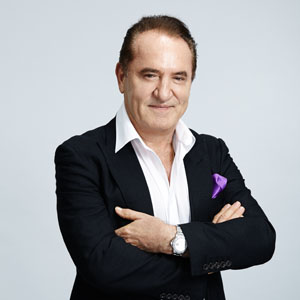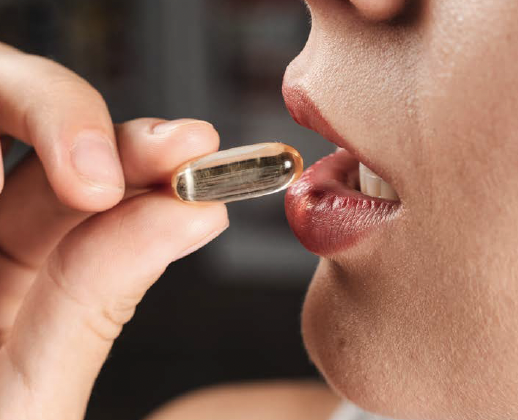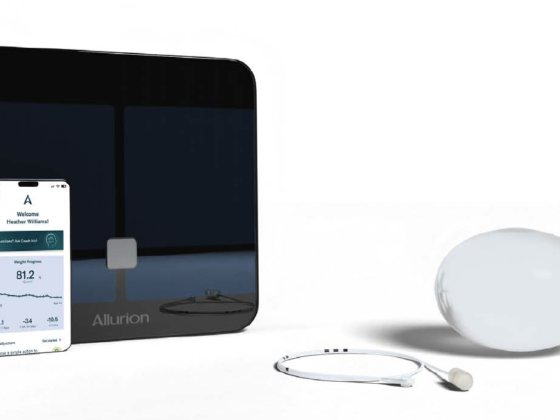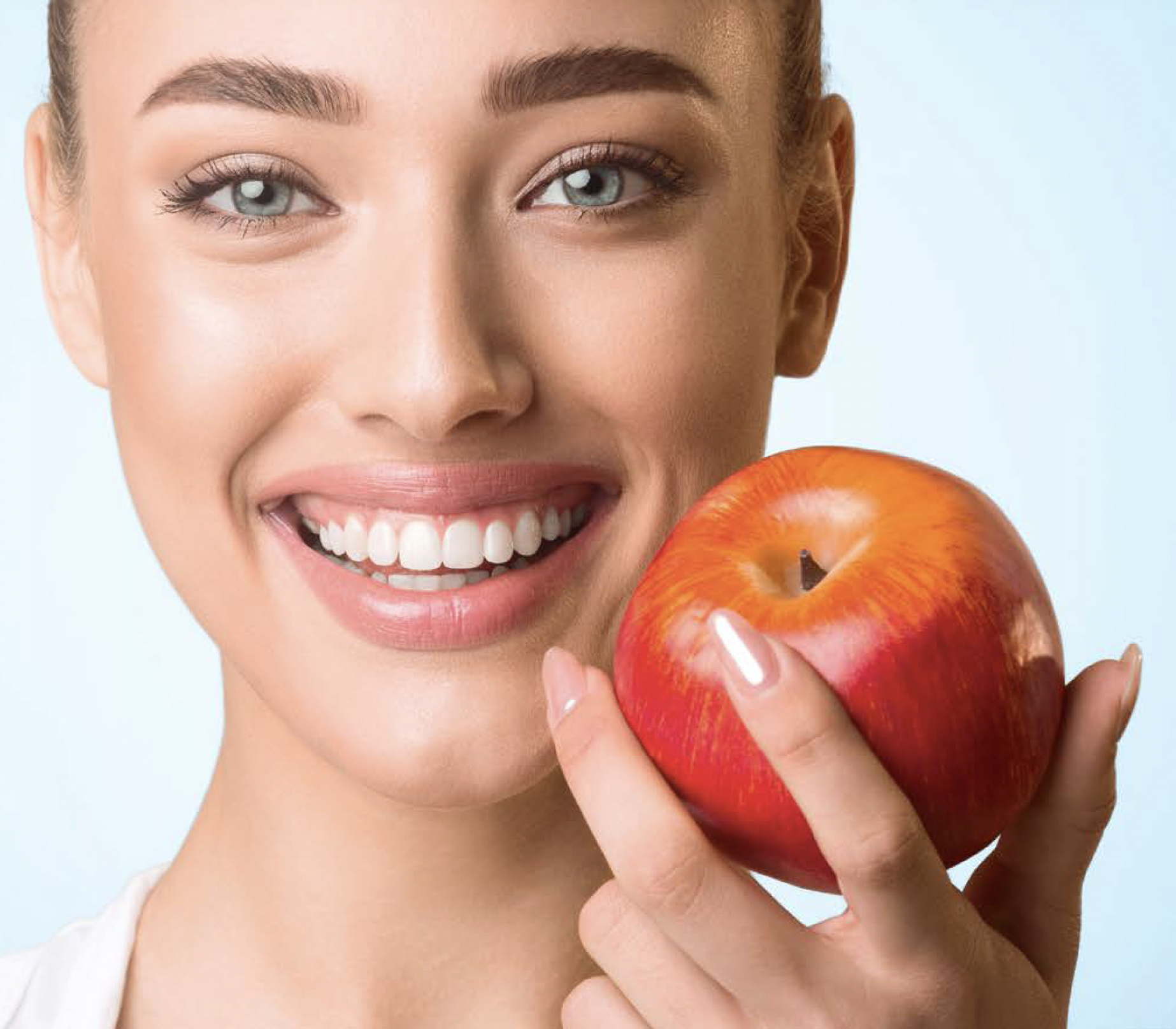By Doctor Claude Chauchard
Pollution is one of our primary concerns for saving our planet, as is global warming.
But the risks linked with pollution have an immediate impact on us as individuals and affect us both directly and indirectly.
Polluting substances penetrate our body both through the air we breathe and via our food, through our digestive system, and even through our skin. When doctors measure the presence of toxic substances in their patients’ bodies, very few of them are free of xenobiotics: lead, arsenic, mercury, to name the most common.
So, once the damage has been detected, how can we protect ourselves from this internal pollution that unbalances many of the body’s metabolisms?
Two systems protect us: our antioxidant system and our immune system. But the first barrier to prevent these toxic substances from entering our body is our intestinal barrier.
Throughout our lifetime, our intestine will transport between 25 and 35 tonnes of food and pollutants, which shows just how important this barrier is.
One amino acid is essential in this barrier: glutamine, 3 to 5 grams of which should be taken daily as a reparative treatment, along with other amino acids such as glycine, leucine, isoleucine and valine.
I strongly recommend taking good fatty acids and prescribe hemp oil (1 tablespoon per day, sometimes 2 to 3 if the patient is severely lacking in omega 3).
Probiotics help promote healthy gut activity, with a dosage of 5 to 10 billion/day, along with 5 natural strains. These are living micro-organisms (bacteria or yeast) such as Bifidobacterium bifidum (bifidus), lactis and longum or Lactobacillus acidophilus, casei and plantarum.
Once this intestinal barrier is locked down (literally), only digestible, and therefore non-toxic, substances will be able to penetrate into the body.
How can we then protect our purified body? By developing our antioxidant system, which corrects any excesses in free radicals generated by this pollution.
There are five essential antioxidants for this: vitamin A, vitamin F, vitamin C, zinc and selenium.
What effect do these antioxidants have?
High doses of vitamin C (ascorbic acid) stimulate the liver’s enzymatic system, which detoxifies the body and eliminates pollutants, heavy metals and pesticides. Furthermore, it protects against high oxidative stress, which is a result of heavy metal intoxication.
Vitamin E protects us against toxic aluminium. It also hinders the accumulation of lead in our connective tissue, thus reducing cell toxicity.
Selenium protects us against aluminium and reduces toxicity and oxidative damage caused by mercury.
Zinc reduces aluminium toxicity and the cell damage that it causes and also competes with lead.
Let me add that insufficient calcium levels encourage the body to absorb more aluminium. Calcium also reduces the absorption of lead in the digestive system.
Cysteine and methionine are two amino acids which both contain sulphur in their chemical structure. Heavy metals react with sulphur, leading to the formation of sulphides. It is only in this form that they become soluble and can therefore be eliminated by the kidneys and liver.
This is how our body can minimise the damage caused by pollution. In addition to this, our metabolic activity is maintained, and our vital energy stays high. Our brain remains intact and safe from the risk of neuro-degenerative disorders and our skin stays radiant.
Founder of the international institute for anti-aging preventative medicine. More than a million copies of his 12 books about the aging process have been sold. He regularly speaks at conferences and seminars in Paris, Milan, Barcelona, Brussels, Monte Carlo, Rio de Janeiro, Geneva and other large cities all over the world. Recently appointed as clinical professor at Seoul University, South Korea.













